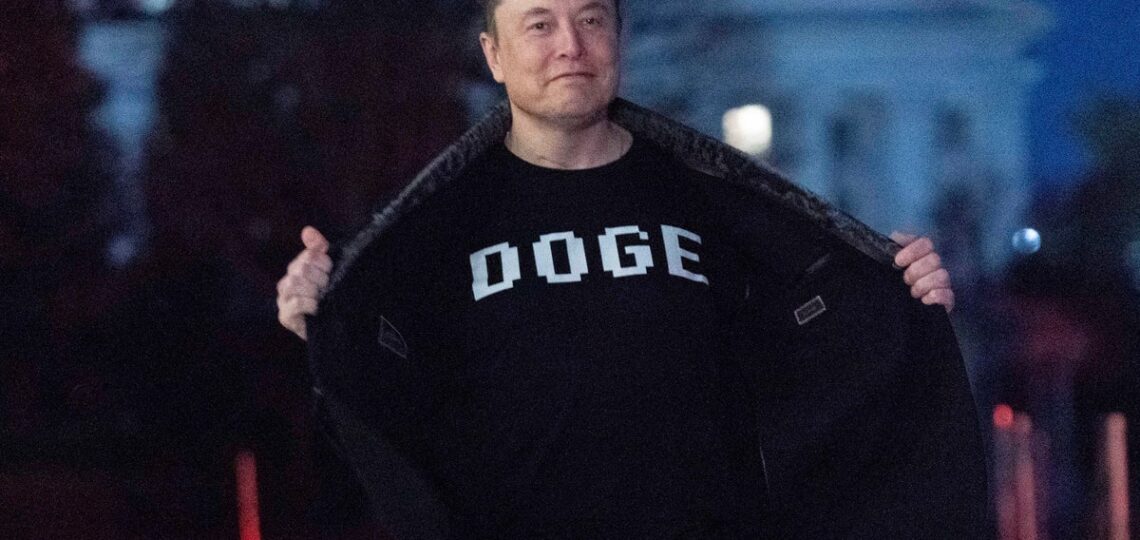
Roberts halts for now lower court order requiring DOGE to hand over information about its work
Washington — Chief Justice John Roberts temporarily halted Friday lower court orders that required the White House’s Department of Government Efficiency to turn over information to a government watchdog group as part of a lawsuit that tests whether President Trump’s cost-cutting task force has to comply with federal public records law.
Roberts issued a temporary administrative stay of two orders entered by a federal district court in Washington, D.C., which directed DOGE to turn over records related to it operations and personnel and required its acting administrator, Amy Gleason, to sit for a deposition.
The chief justice’s order allows the Supreme Court more time to consider the Trump administration’s request for emergency relief, which was filed with the high court earlier this week. Deadlines set by the district judge required DOGE to turn over documents by June 3 and for Gleason’s deposition to be completed by June 13.
The dispute before the court stems from a Freedom of Information Act request made by the group Citizens for Responsibility and Ethics in Washington that sought information about DOGE, its operations and personnel. The watchdog group went on to file a federal lawsuit based on that FOIA request, and, as part of the suit, sought categories of information through the discovery process about DOGE’s activities since President Trump took office.
Among the information CREW is seeking is a deposition with Gleason, who the White House has said is the acting administrator of DOGE; a list of federal contracts or grants that DOGE personnel recommended for cancellation; and the names of all current and former DOGE employees, as well as details of their employment and who oversees them.
The watchdog group has argued that DOGE wields “substantial independent authority,” which makes it a de facto agency that is subject to FOIA and the Federal Records Act. But the Justice Department disagrees and asserts that DOGE is a presidential advisory body that makes recommendations to the president and federal agencies on matters that are important to Mr. Trump’s agenda.
The district court granted most of CREW’s request for information, including deposing Gleason. U.S. District Judge Christopher Cooper found that DOGE is likely subject to FOIA and said that the task force’s actions demonstrate that it has “substantial authority over vast swathes of the federal government.”
A federal appeals court in Washington, D.C., declined to halt the district court’s discovery order, finding that it is “narrow” and appropriate.
Mr. Trump signed an executive order establishing DOGE when he returned to the White House for a second term. The task force is leading his initiative to shrink the size of the federal government. That plan has included large-scale layoffs at federal departments, and the shuttering of several agencies, though the efforts have been the focus of legal wrangling.
The president has repeatedly said that Elon Musk, the billionaire leader of Tesla and SpaceX, is the head of DOGE, though Justice Department lawyers have said in court filings that he is not an employee of the task force and “has no actual or formal authority to make government decisions himself.”
Questions about Musk’s role with DOGE led the White House to declare Gleason as its acting administrator. She worked as a senior adviser to the U.S. Digital Service, the precursor to DOGE.